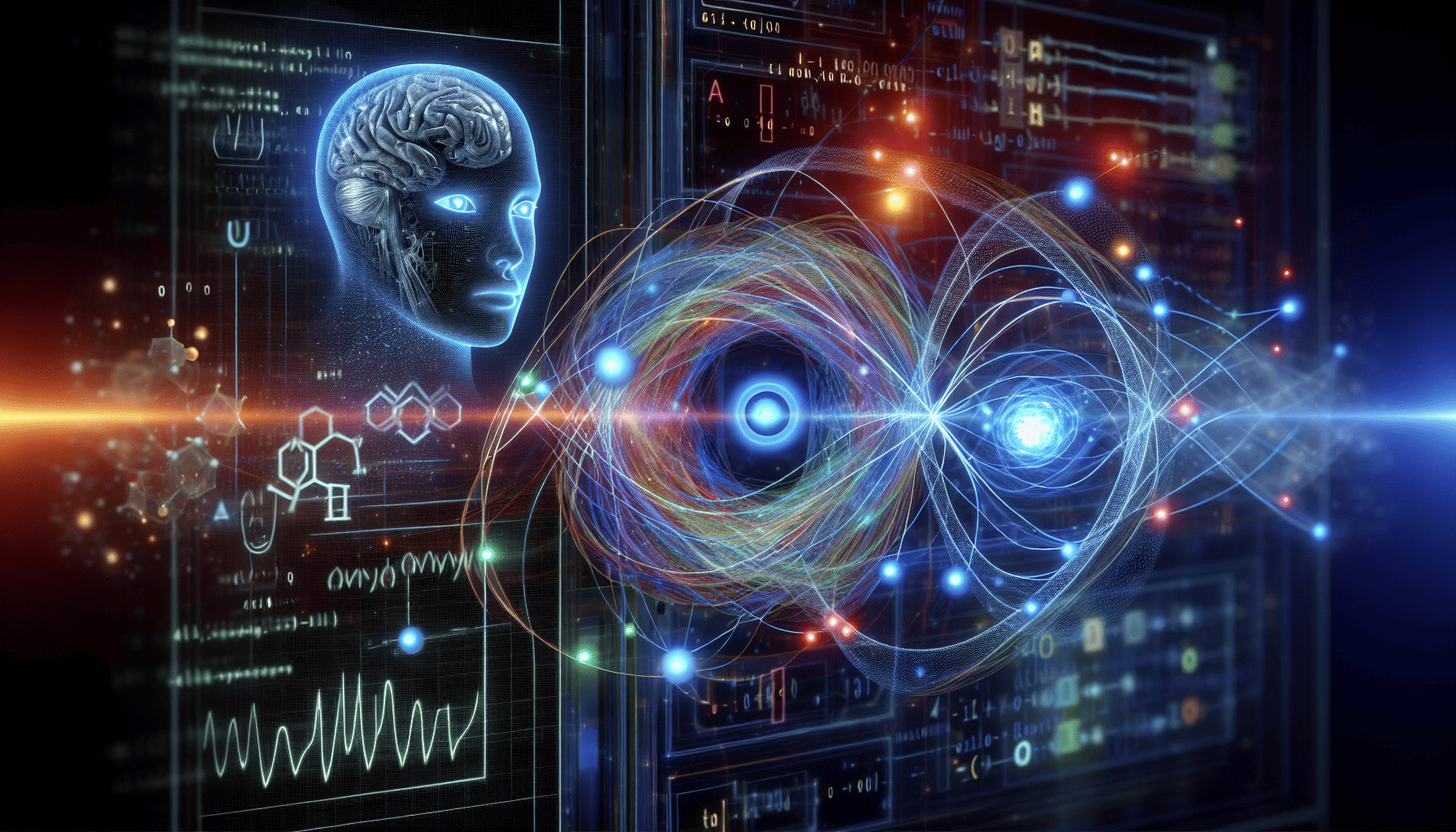The convergence of artificial intelligence (AI) and quantum technology represents a thrilling frontier in technological advancement. As both fields proceed to mature and evolve, their integration promises remarkable enhancements in computational efficiency, problem-solving capabilities, and innovation across industries.
Harnessing the power of quantum technology, which leverages the peculiar phenomena of quantum mechanics—such as superposition, entanglement, and tunneling—offers a paradigm shift from traditional, classical computing. Unlike classical bits that represent information as either 0s or 1s, quantum bits or qubits can exist in multiple states simultaneously, enabling the potential to process complex calculations at unprecedented speeds.
AI, on the other hand, excels at analyzing vast amounts of data, identifying patterns, and making predictions. Traditional computers, although powerful, often face limitations in handling extremely complex or vast datasets efficiently. This is where the synergy between AI and quantum technology becomes transformative. By employing AI algorithms on quantum computers, we can unlock new levels of computational prowess.
One of the most promising applications of this integration is in optimization problems, which are crucial in logistics, cryptography, and financial modeling. Quantum-enhanced AI can analyze countless possibilities simultaneously and provide optimal solutions faster and more accurately than current methods. For example, in the field of logistics, vehicle routing problems that are currently approximated with classical computers could be solved with heightened precision and speed, resulting in significant time and cost savings.
Moreover, the intersection of AI and quantum computing can drive advancements in drug discovery and material science. Simulating molecular structures and interactions is computationally daunting but vital for discovering new pharmaceuticals and materials. Quantum computing could expedite this process by simulating vast molecular landscapes, while AI can predict the most promising candidates for synthesis and testing, dramatically reducing the time and resources required for these breakthroughs.
While the potential of combining AI and quantum technology is evident, challenges remain. Quantum computing is still in its nascent stages, with issues such as qubit coherence, error rates, and scalability presenting significant hurdles. However, strides are being made with the development of error-correction protocols and hybrid systems that integrate classical and quantum computing.
Additionally, ethical considerations must not be overlooked. As with any powerful technology, the integration of quantum-enhanced AI must be developed responsibly, ensuring that its capabilities are used ethically and safely. Safeguards and frameworks need to be established to govern these technologies' deployment and to mitigate risks associated with their misuse or unintended consequences.
In conclusion, the fusion of AI and quantum technology heralds an era of unparalleled computational efficiency and problem-solving capability. As researchers and technologists navigate the complexities of this integration, they pave the way for groundbreaking discoveries and applications that will redefine the boundaries of science and industry. As we stand on the cusp of this exciting technological revolution, it is essential to harness these capabilities wisely to create solutions that benefit humanity as a whole.
